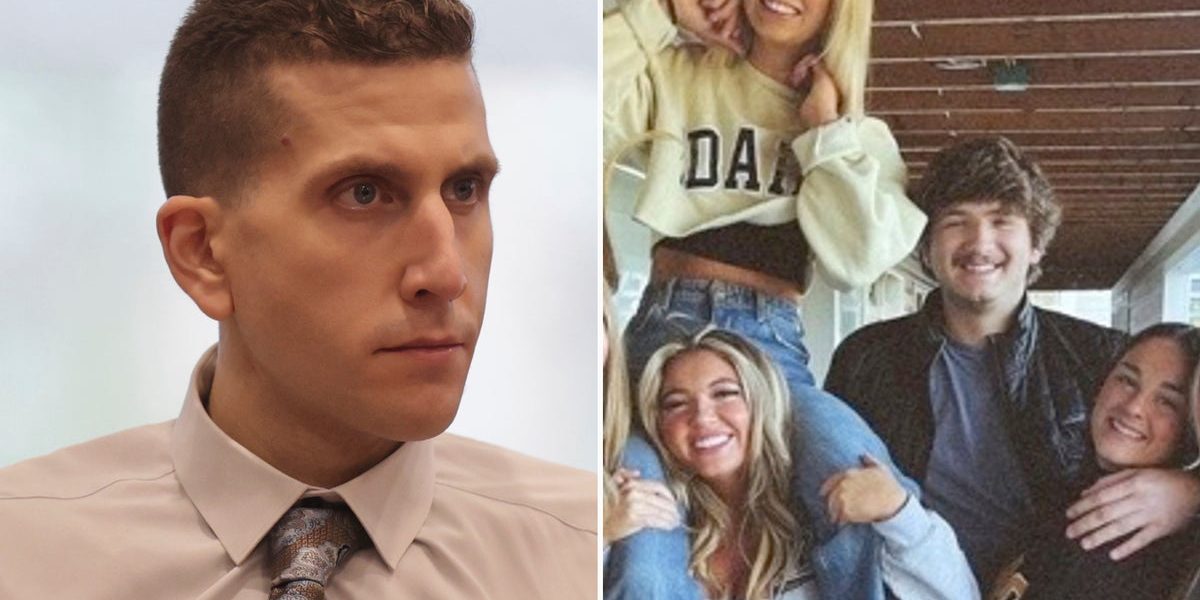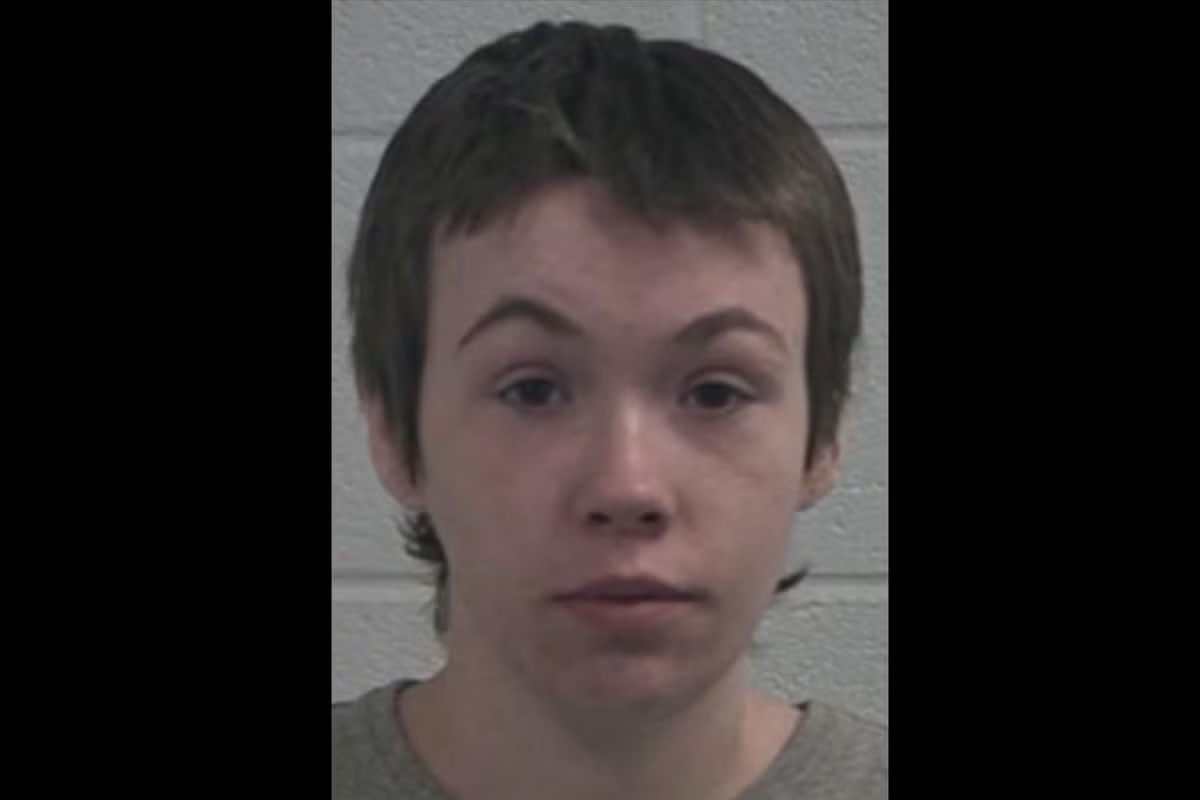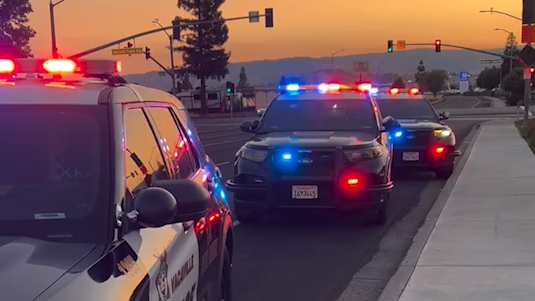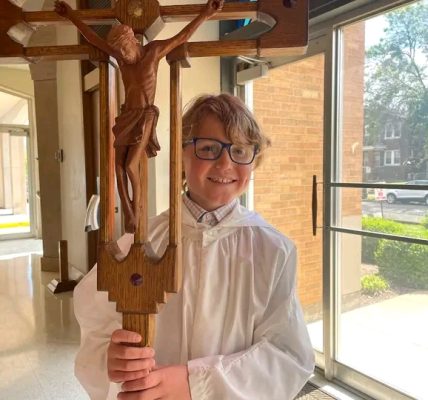Nearly three years after four University of Idaho students were brutally stabbed to death in their off-campus home, their grieving families will have a chance to confront the man who admitted to killing them.
Bryan Kohberger, 30, a former PhD criminology student, is set to be sentenced in Boise on Wednesday for the murders of Kaylee Goncalves, Madison Mogen, Xana Kernodle, and Ethan Chapin.
The November 2022 slayings shocked the college town of Moscow and captured national attention due to the horrifying violence with no clear motive.
For over two years, Kohberger maintained his innocence, until July 2, 2025, when in a bombshell twist, he pleaded guilty to all four counts of first-degree murder and one count of burglary.
The plea deal took the death penalty off the table. Instead, Kohberger will be sentenced to life in prison without the possibility of parole, and the families of his victims will finally have a chance to address him face-to-face.
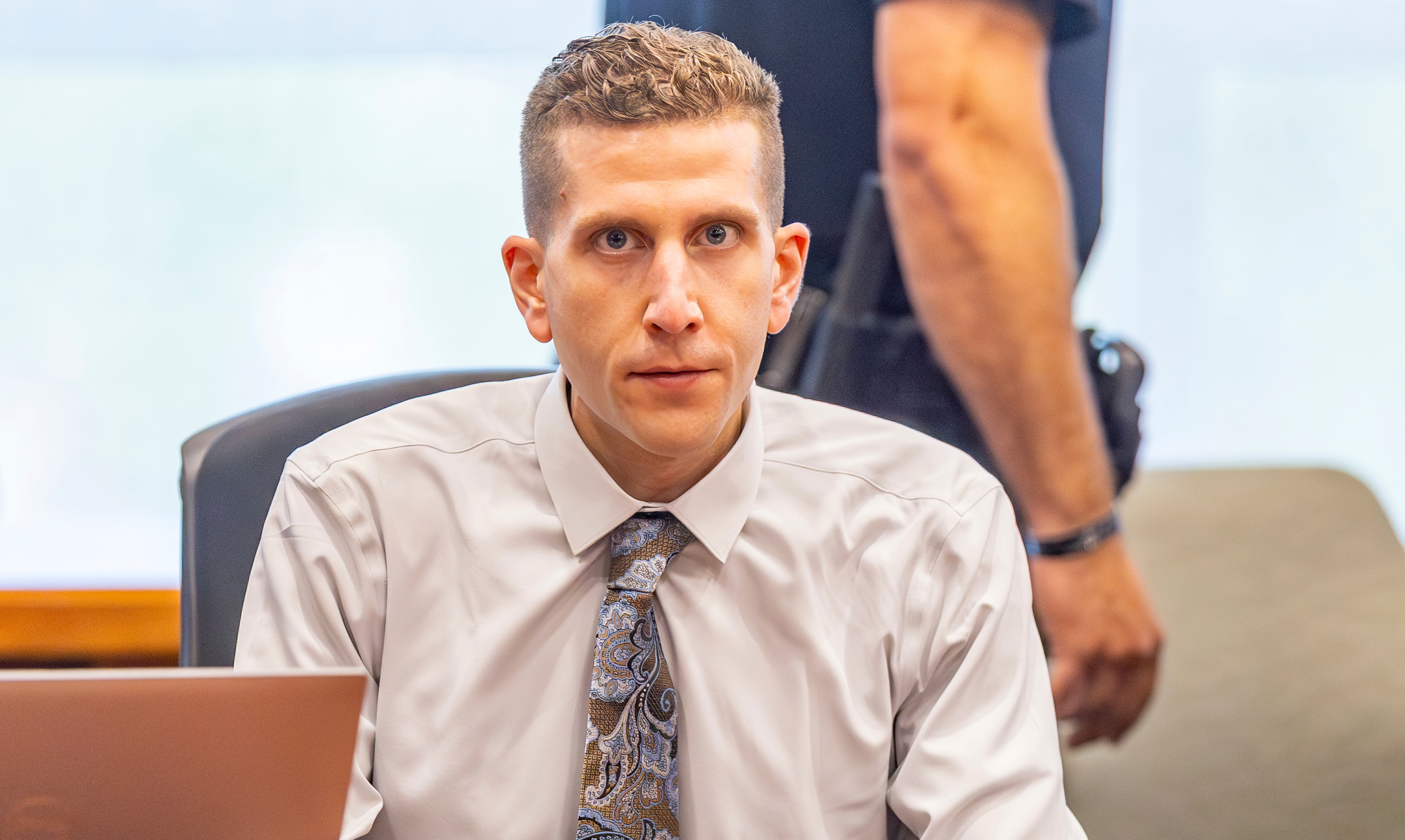
What to expect at the courthouse
The sentencing will begin at 9 a.m. MT Wednesday inside the Ada County Courthouse in Boise, Idaho, which is expected to fill up with victims’ families, friends, along with members of the media and true crime fans eager for a glimpse at the confessed killer.
Kohberger’s defense attorneys got the trial moved from Latah County to the state’s capitol after expressing concerns that the court wouldn’t be able to find enough unbiased jurors in the rural farming community of Moscow.
The families and surviving roommates of the victims will have the opportunity to describe the damage the killings have done to them. Because there are so many of them, the hearing could stretch into Thursday.
This will mark the first time many of the victims’ families come face-to-face with Kohberger – and a chance to speak directly to their loved one’s killer.
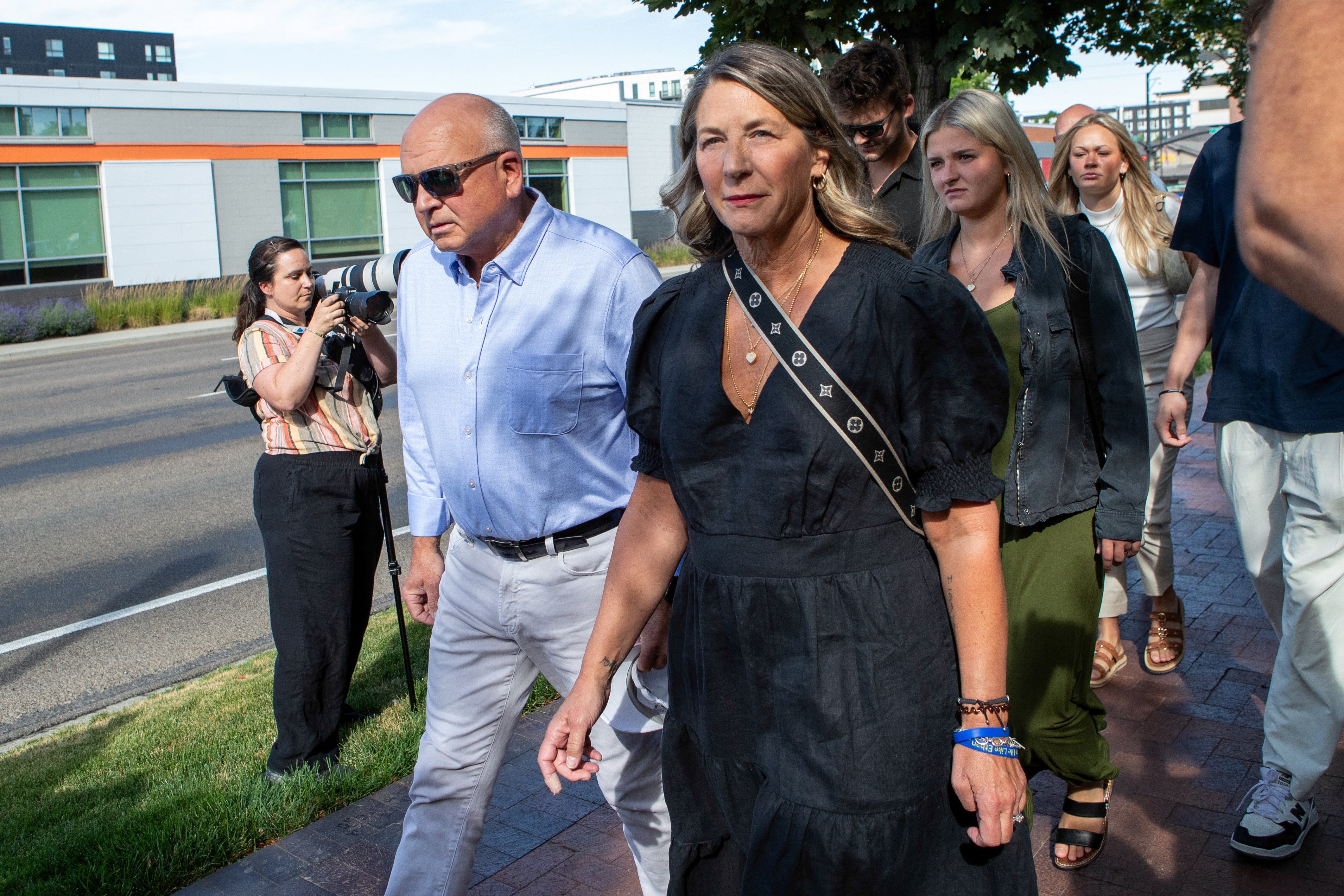
The family of Ethan Chapin has said they do not plan to attend, but the families of the three female victims are expected to appear in court.
Dylan Mortensen and Bethany Funke, the two surviving roommates who have largely avoided the public eye, may also choose to address the court.
Moscow Police Chief Anthony Dahlinger told ABC News that he hopes the sentencing will allow not only the families, but the town of Moscow, “to heal and bring some sort of closure to this horrendous act.”
Will Kohberger speak?
After the victims’ family and friends deliver their statements, Kohberger will be given the chance to speak, in what’s known as an allocution – a defendant’s right to address the court before sentencing.
Defendants might use their statement to express remorse, ask for mercy, or to say whatever else they think the court should hear before sentencing.
But because the U.S. Constitution’s 5th Amendment guarantee of the right to remain silent remains in effect during sentencing hearings, they also might choose not to speak at all.
That means Kohberger doesn’t have to say anything — and the judge can’t force him to.
In past court appearances, Kohberger has remained stoic, emotionless, and silent. At his plea deal hearing, he confessed to the murders, the first time the public had heard his voice in years. He confirmed the facts of the crime with a simple yes. Yes, he entered the King Road house; yes, he intended to commit murder – but offered no elaboration.
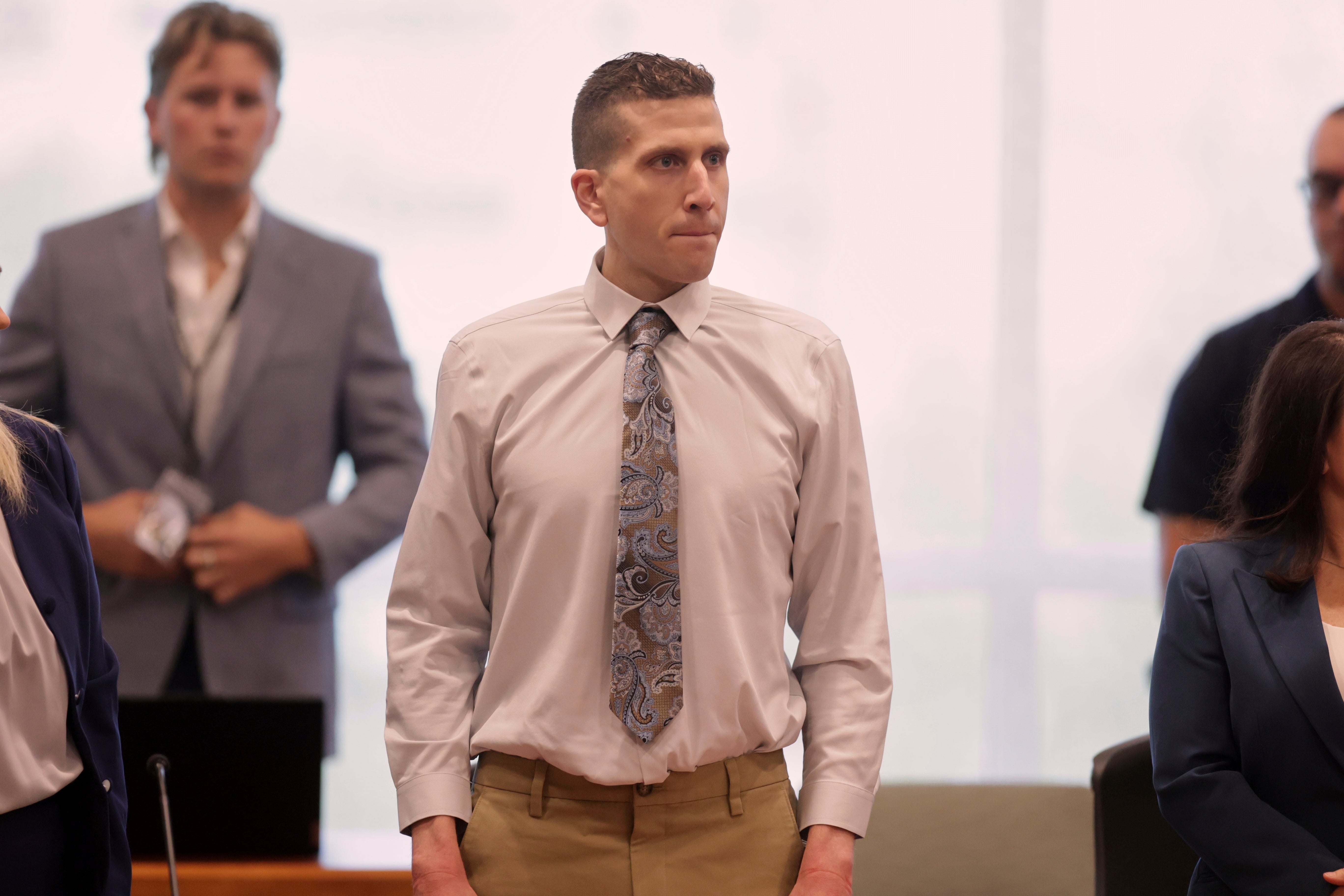
Kohberger has not explained why he committed these murders nor has he offered any details about the crime. And he’s not required to. The plea agreement includes no obligation for him to share a motive, nor to apologize or express remorse.
If he does decide to speak, anything he says is not under oath, and he cannot be cross-examined.
Even if he declines to speak now, Kohberger could choose to talk in the future. There’s nothing in the plea agreement preventing him from speaking to the media or publishing a book.
A motive that may remain a mystery
Despite Kohberger’s guilty plea, the most haunting question still lingers: why?
At the time of the killings, Kohberger was a criminal justice graduate student at Washington State University, and prosecutors say he used his knowledge about forensic investigations to attempt to cover his tracks by deep cleaning his vehicle after the crime.
Kohberger was arrested nearly seven weeks after the killings, when investigators linked him to the crime through DNA left at the scene, surveillance video of a car matching his, and cellphone data.
Police say Kohberger’s Amazon purchase history shows he bought a military-style knife as well as the knife sheath found at the home. But the knife itself was never found.
And while a clear motive has not been presented – the sentencing may not provide one.
President Donald Trump weighed in Monday, posting on Truth Social: “I hope the Judge makes Kohberger, at a minimum, explain why he did these horrible murders. There are no explanations, there is no NOTHING.”
The Goncalves family acknowledged his statement and in a post on Facebook, wrote: “I definitely do not want to get into politics at all so I hesitated even posting this but wow. Absolutely shocked. Kaylee, Maddie, Xana, Ethan – you have always mattered so much. You are so loved & your nature, your light, your entire being is so bright & visible. You guys did this. You guys deserve every last ounce of recognition for this.”
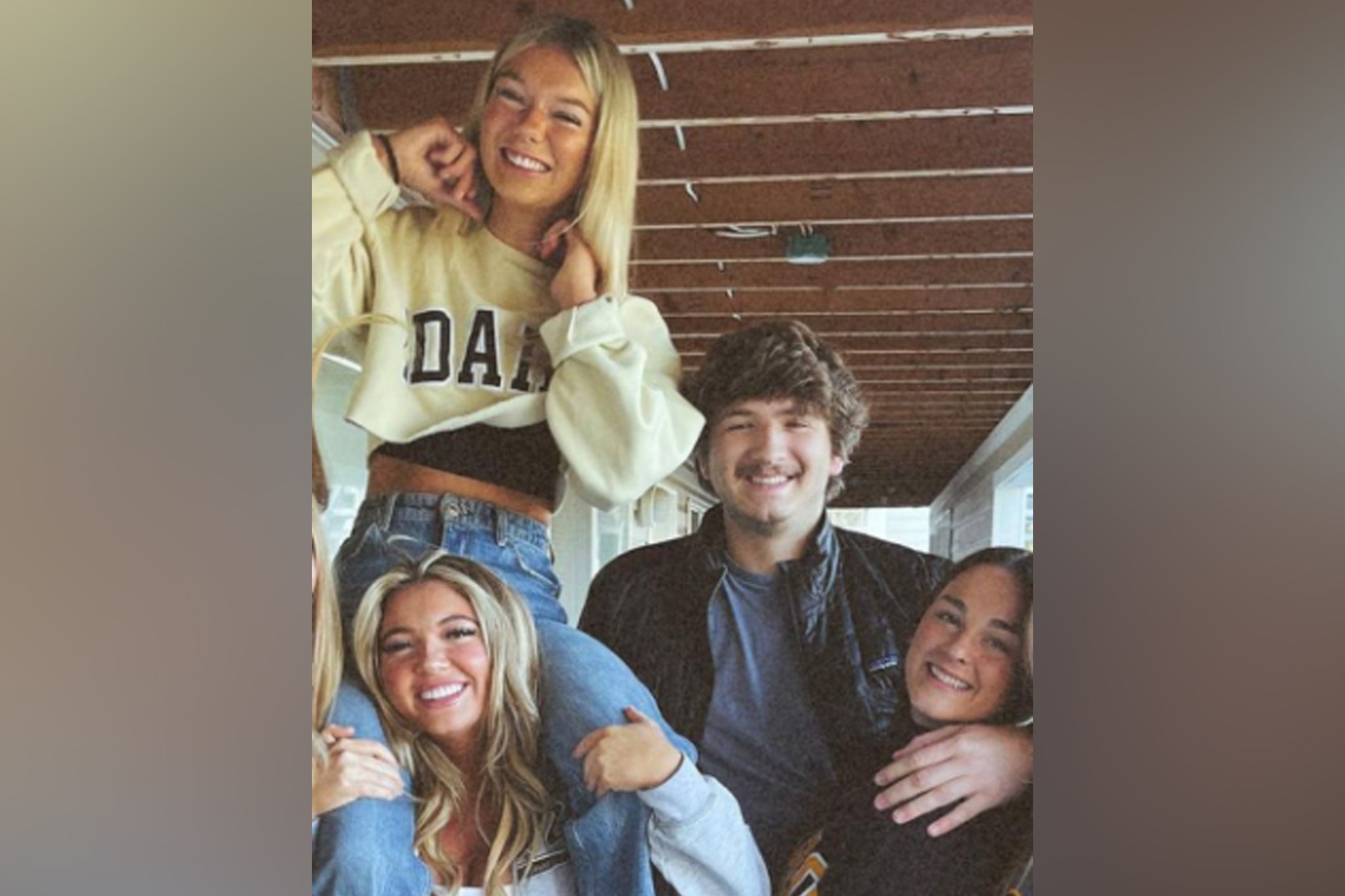
A trove of evidence, including investigative documents and witness statements, remains under court protection, and could be released after the sentencing.
Last week, Judge Hippler lifted the gag order but declined to unseal the files before sentencing. He said the court would begin reviewing them afterward, starting with the newest.
That process could take months.
Families divided over plea deal
News of the plea deal divided the victims’ families.
Kaylee Goncalves’ father, Steve Goncalves, criticized prosecutors for failing to consult the families.
“Today was the day… to find out what happened,” he said after the plea hearing earlier this month. “At least that’s what we hoped for, but hope is really all we had.”
Others, however, welcomed the plea deal. Karen and Scott Laramie, parents of Madison Mogen, said avoiding a lengthy trial spared them additional trauma.

“We support the plea agreement 100 percent,” their attorney said. “We ask that others respect our belief that this is the best outcome possible.”
Stacy Chapin, mother of Ethan, acknowledged her family’s initial desire for the death penalty but ultimately agreed with the prosecutors’ decision.
“We always felt like this was a better deal,” she said. “It allowed us to begin the process of healing.”
A death sentence would have triggered years of appeals and uncertainty. Under the plea, Kohberger will spend the rest of his life behind bars – and he has forfeited his right to appeal.
After the sentencing: What comes next?
As part of Kohberger’s plea agreement, he accepted the maximum sentence for each count of murder and burglary.
Judge Hippler is not required to follow the deal, but cannot exceed it.
When the sentencing hearing is over, Kohberger will be transferred to the custody of the Idaho Department of Correction.
He’ll undergo an evaluation before being assigned to a state prison.

